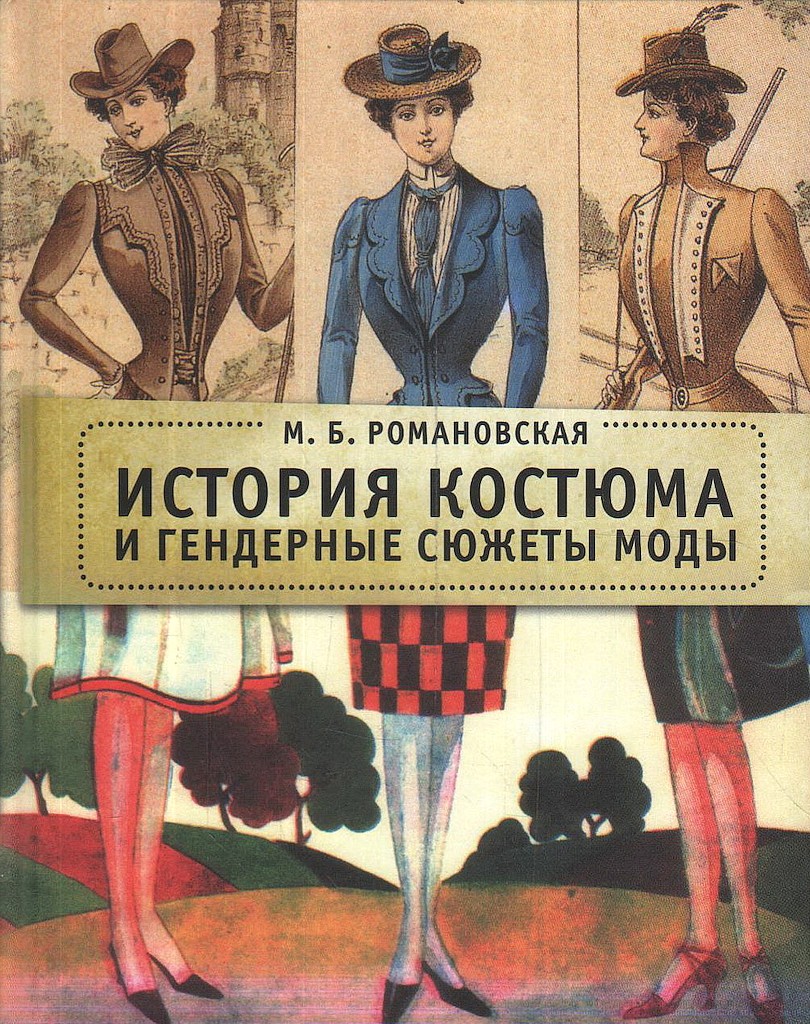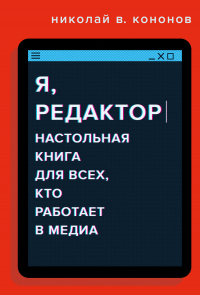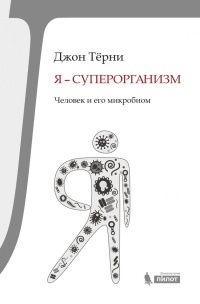Книга Криминальный гардероб. Особенности девиантного костюма - Джоан Тёрни
На нашем литературном портале можно бесплатно читать книгу Криминальный гардероб. Особенности девиантного костюма - Джоан Тёрни полная версия. Жанр: Домашняя / Разная литература. Онлайн библиотека дает возможность прочитать весь текст произведения на мобильном телефоне или десктопе даже без регистрации и СМС подтверждения на нашем сайте онлайн книг knizki.com.
Шрифт:
-
+
Интервал:
-
+
Закладка:
Сделать
Перейти на страницу:
Перейти на страницу:
Внимание!
Сайт сохраняет куки вашего браузера. Вы сможете в любой момент сделать закладку и продолжить прочтение книги «Криминальный гардероб. Особенности девиантного костюма - Джоан Тёрни», после закрытия браузера.
Книги схожие с книгой «Криминальный гардероб. Особенности девиантного костюма - Джоан Тёрни» от автора - Джоан Тёрни:
Комментарии и отзывы (0) к книге "Криминальный гардероб. Особенности девиантного костюма - Джоан Тёрни"
























